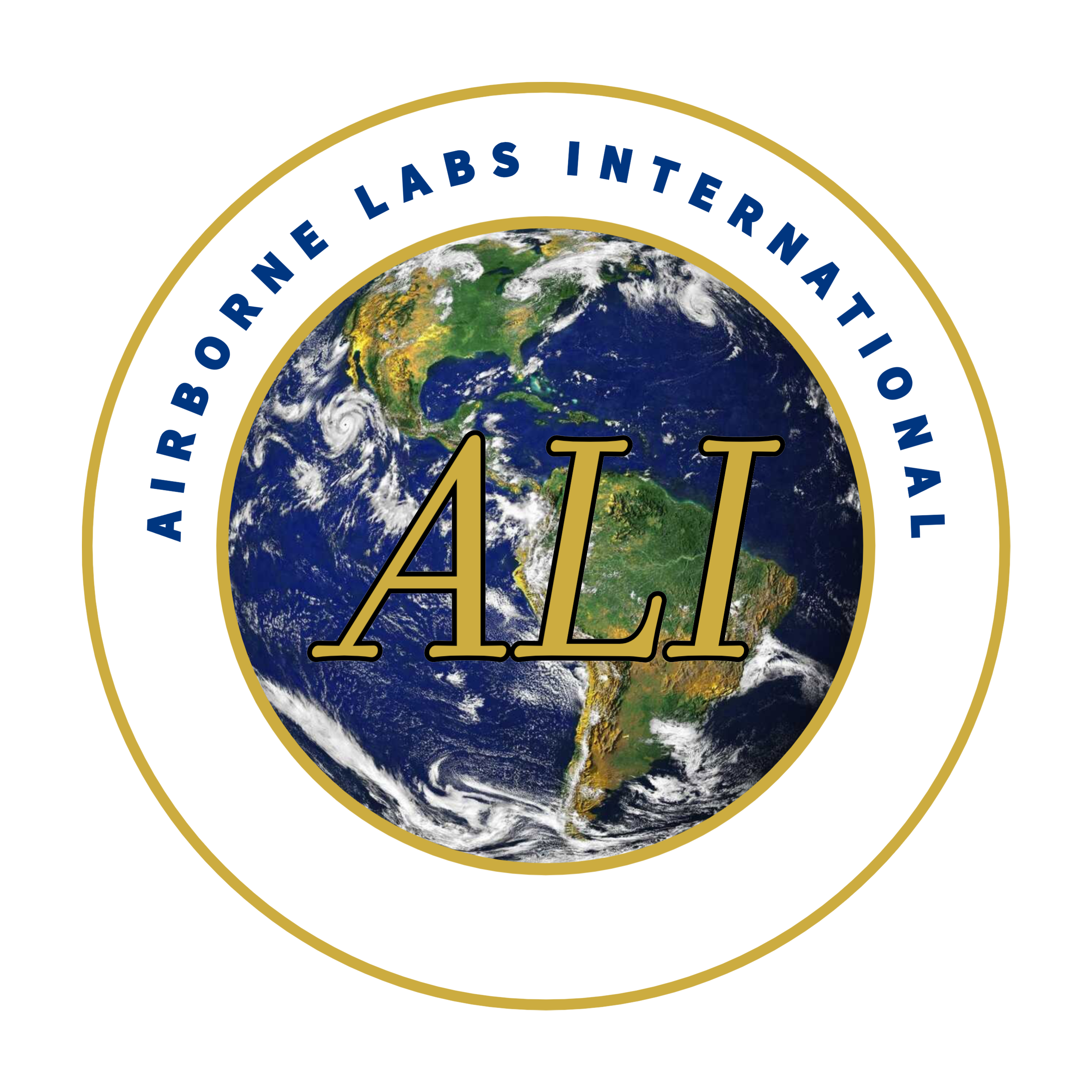Hydrogen Fuel
Quality
Fuel Grade Hydrogen (H2) Sampling and Testing Services
Airborne Labs International (ALI) offers passivated sampling equipment for both rental or purchase. We also provide on-site sampling services and ISO-17025 accredited analytical testing of all gaseous or liquid ISO-14687 grades of H2 fuels. In the same fashion, we can also evaluate the composition of various feed gas sources used for H2 fuel production.
Our comprehensive line of technical products and sampling & testing services can benefit worldwide H2 producers, fuel station operators, regulatory agencies, vehicle & stationary appliance manufacturers.
H2 Fuel Testing Fundamentals
High-pressure hydrogen gas is being used as a fuel in a growing number of transportation & stationary appliance applications throughout the world. As an example, H2 fueled vehicles currently in use around the world. This includes cars, buses, trucks, forklifts and railroad engines. Stationary applications involving H2 fuel often involve special back-up power generators.
Purity Specifications
The quality of Hydrogen fuel needed for these diverse applications is significantly different. Additionally, purity specifications are provided in ISO 14687. This includes Fuel Cell Electric Vehicles (FCEV) employing proton exchange membrane (PEM) fuel cells require the most demanding level of H2 fuel Purity. For PEM FCEV use, Type I Grade D H2 fuel is recommended.
All ISO-14687-2 / SAE J 2719 impurities must be sampled at the fuel pump dispenser that normally connects to customer vehicles. As a result, sampling methods such as ASTM D7606-11 & ASTM D7650-13 are used to obtain representative hydrogen fuel samples.
Recommended for Type I Grade Purity Testing
ASTM analytical test methods such as: D1945-14, D1946-90, D5454-11, D5504-12, D7651-10, D7653-10, D7675-15, D7892-15 are recommended for Type I Grade D purity testing.
Of critical importance in many hydrogen fuel based applications are those impurities that can create expensive, irreversible damage to the fuel cell of an electrical engine. This is especially true of PEM FECVs. The most critical impurities to monitor are:
- volatile sulfur compounds (VSC’s)
- carbon monoxide (CO)
- ammonia (NH3)
- volatile halogenated compounds (VXC’s).
The maximum levels of many critical hydrogen fuel impurities range from low ppm to low ppb v/v levels. This is quite challenging to measure.
Reliable confirmation of a desired H2 fuel grade product requires the use of specialized, passivated sampling equipment. On-site testing for some highly reactive impurities, and an array of highly sophisticated analytical instrumentation are needed.
Airborne Labs International employs these test methods, is an ISO-17025 accredited laboratory with experience in safely handling very high pressure hydrogen gas.
